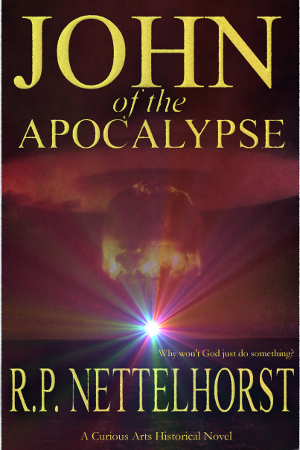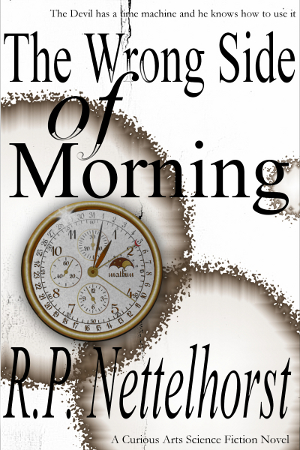When I was a young professor, freshly minted, I was talking to one of my colleagues at lunch. He had been both my professor and my advisor back during my undergraduate days. I was explaining to him about an article I had recently written and submitted to one of the premier journals in my particular field of study. He listened to me for awhile, then shook his head and told me that I had wasted my time. “There’s no sense submitting to that journal. You’re an unknown and unless you happen to know someone there, there’s no way that you’ll ever get published by them.”
Rather discouraged, I slinked back to my office anticipating what I knew would be the inevitable form rejection letter from that journal. “Of course he was right,” I told myself. “He knows these things; he’s been doing this for years. Who do I think I am?”
About two days later I received a letter from the editor of the journal. It wasn’t a rejection letter. Instead, he expressed his joy and excitement over my article and not only was it published, he moved some other articles back in the schedule so that my article could come out sooner than it otherwise would have. The article turned out to be of some significance within a narrow subspecialization of study, earning me both recognition and multiple footnotes to my article in heavy academic tomes. Some years later, it led to my nomination, and subsequent induction, into Who’s Who in America.
When I write a book, I have a very close friend who will read them for me, offering criticism and suggestions and giving me ideas. She offers me valuable and positive criticism. We all need people in our lives who can let us know when we’ve made a mistake, when we could do something better than we have, who will suggest needed change.
But then there are the other sorts of critics. Critics like my colleague. People who will explain to you in great detail why your dream is impossible and why it is a waste of everyone’s time. Doubtless we have seen such critics at work in our lives and the lives of those around us. They are the perpetual wet blankets who always discern why a given idea or course of action isn’t possible. The teacher or parent who tells a child that he will never amount to anything. The classmates who laughed when you told them you wanted to be a doctor.
These are not useful critics. These are the nay-sayers who destroy rather than create, who tear down rather than build. We need to remember that history is littered with the debris of people who said it can’t be done.
They don’t build statues for such people. No monuments are ever erected to the people who explained why it couldn’t be done. No memorials are dedicated to those who explained that the way was too hard, so why try. No days are set aside for those who pontificated on why we need to be reasonable and keep our goals limited to what we know we can do, which is precious little. We do not celebrate those who just said no. Such people lead quiet lives, they often are well respected in their day and most people listen to them.
But it is those who decided to attempt the impossible, who built the tall buildings, who crossed the seas, who righted long-standing wrongs, who acted for freedom, who went to the moon that will be remembered long after the critics are gone. It is to such people, those who don’t say no, for whom shrines are erected and history sings praise.
So don’t give up and don’t listen to those who will tell you that you should. They might be right, of course, but what are the odds? The pessimists who proclaim endless doom never seem to quite get it right. The track record of the optimists seems much better. So just say no to the naysayers. They’ve always been on the wrong side of history. Stand with those who shoot for the stars. Sooner or later they reach them.
 Send to Kindle
Send to Kindle
 A Year With God
A Year With God A Year With Jesus
A Year With Jesus The Bible's Most Fascinating People
The Bible's Most Fascinating People The Bible: A Reader's Guide
The Bible: A Reader's Guide Antediluvian
Antediluvian Inheritance
Inheritance John of the Apocalypse
John of the Apocalypse Somewhere Obscurely
Somewhere Obscurely The Wrong Side of Morning
The Wrong Side of Morning
Awesome! More proof, that I admire the right people!